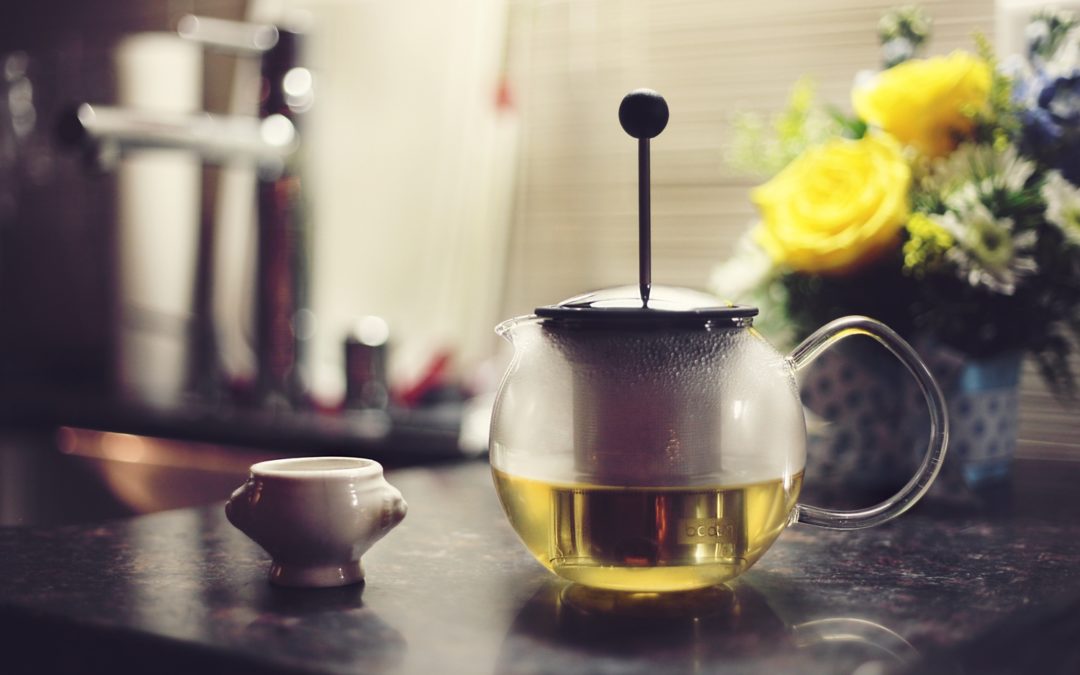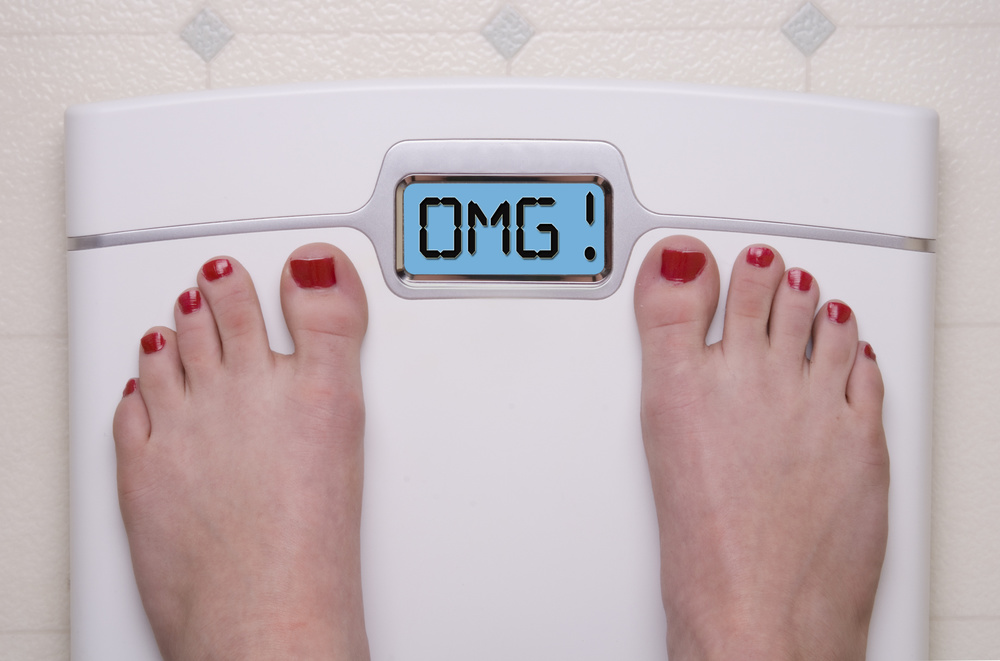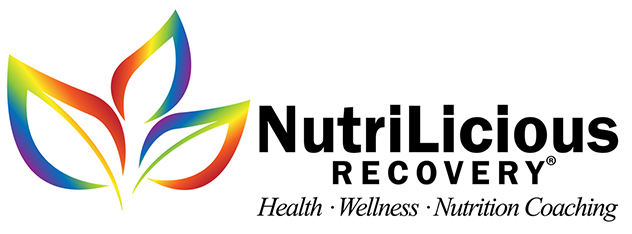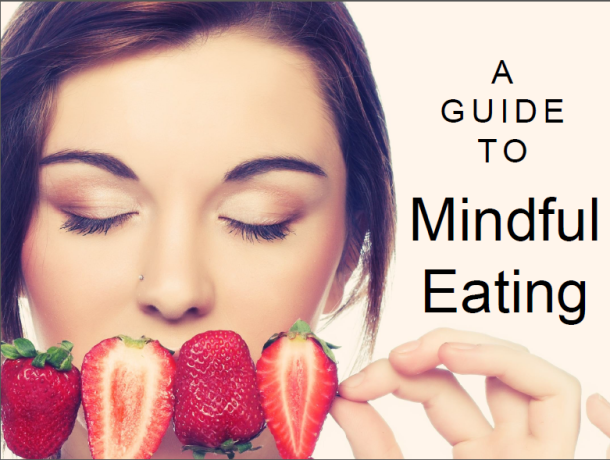
by dnshah | Jun 22, 2017 | Health and Wellness Tips
In today’s material world, researchers are looking inward towards our microbiome for answers to what ails us. Our microbiome is the gut environment where we have over 100 trillion bacteria living. That’s more bacteria than our total number of cells for our body! These bacteria work in balance to help with our digestion, immune system, and even chronic illnesses. It is becoming common knowledge that supplementing with probiotics can help diversify our overall microbiome, so we have more strains of bacteria working for us. And after a recent study, it seems that living with a dog also helps diversify our microbiomes.
If you’ve never been on the dog-ownership bandwagon, this gives you a new reason to consider it. Dogs may roll in the mud, sniff questionable things, and track in germs into our homes and laps…. which is EXACTLY what we need! Our worlds have become too clean, thanks to antibacterial soaps, sanitizers, and household cleaners. In our quest to clean up, we have literally wiped out microbes that our immune system needs to develop properly. So man’s best friend can provide us a healthy solution.
People spend a majority of time in almost sterile indoor environments. Latest research shows that children growing up in households with dogs have a lower risk for developing autoimmune illnesses like asthma and allergies.
FACTS:
- We all shed millions of bacteria into our environment, pets included.
- Exposure to animal micro-organisms during the first 3 months of life helps to stimulate a child’s immune system so it doesn’t become overly sensitive later in life.
Not all bacteria from pets is beneficial, so always remember to wash hands after handling pets, as they could carry salmonella bacteria on their skin and feces. Cats can carry toxoplasmosis; and dogs can lick us after licking questionable other things, transmitting that bacteria through breaks in our skin. But in the grand scheme of things, there is more to gain from pet ownership than risks.
When considering adopting a new pet please consider animal shelters first; and remember to spay/neuter your new pets. The overpopulation of pets is creating harsh realities for these innocent lives.

by dnshah | Mar 27, 2017 | Diet and Weight Loss, Health and Wellness Tips, Stress Management
Millions of Americans use medications, sleep aids, and natural supplements to help them sleep. Sleep issues are an increasing issue today. Sleep therapies can also include lifestyle changes, bedroom renovations, replacing mattresses, adding white- or zen-noise, minimizing electronic screen time, introducing red lights at night, and adjusting the temperature thermostats. But now studies are showing that there are some snacks that can empower sounder sleep to those craving rest.
The fact that dietary changes are helping insomniacs and others satisfy their slumber requirements introduces health benefits to LATE-NIGHT SNACKING. So what are the coveted snacks to satisfy our sweet slumber cravings?
- Warm Milk has long been taught by young mothers as a sleep inducer for their children – but it also works to comfort and relax any age-group.
- Kiwis actually may work better than warm milk. According to the journal, Advances in Nutrition, eating 2 kiwis one hour before bedtime helped insomniacs fall asleep faster and stay asleep longer.
- Tart Cherry juice seems to provide more than our daily vitamin C requirement! Drinking 1 cup of tart cherry juice in the morning and at night quelled insomnia and reduced night waking with insomniacs & adults in general.
Kiwis and Cherries have antioxidants that help protect against cell damage and chronic inflammation. Kiwis have serotonin, while cherries have melatonin – and both improve sleep. Whether you believe in dietary changes affecting sleep or not, there are few down sides to introducing these snack ideas when sleep becomes a challenge – so indulge when needed.
On the other hand, natural supplements don’t necessarily seem to improve sleep quality of speed by a large margin, yet do have long-term risks. Some common supplements, melatonin and valerian, for sleep may actually contribute to the side effects of dizziness, nausea, vivid dreaming, and sleepiness. Melatonin can also alter the effectiveness of other medications (blood pressure, diabetes, etc). Note that supplements are not regulated well by the FDA administration so the quality and purity can’t be verified. This author recommends looking for the “USP Verified” mark when purchasing these products.
Why is it so important to get your 7 hours of rest each night? Research shows people getting fewer than this are TWICE as likely to have a stroke or heart attack, AND 4.2 times as likely to catch a cold that those getting their healthy 7. However, when you find you are not able to get your healthy 7 hours, try indulging in a nap which can relieve some blood pressure issues associated with insomnia, and help to recover your immunity.
What is the best sleep position? According to The Journal of Neuroscience, sleeping on your side is best for a detox while you sleep. Detoxification helps your brain eliminate chemicals built up over time and reduces your risks of Alzheimer’s. Side sleeping is also best to minimize snoring and an backaches.

by dnshah | Mar 27, 2017 | Age Defying, Diet and Weight Loss, Health and Wellness Tips
People all over the world delight in sweet tasting foods – who doesn’t enjoy a decadent chocolate mousse cake or a hot fudge sundae? It would be quite odd to not enjoy a slice of birthday cake when celebrating a special occasion, or rewarding yourself with your favorite frozen treat. While our sugar consumption has steadily increased over the last 50 years, so has the incidence of diabetes and obesity. You see our bodies were designed to consume 5 basic tastes: sweet, salty, sour, bitter, and umami. We’ve got the sweet & salty mastered, but could use some work on the bitters.
Bitter compounds have considerable health benefits, and need to be sought out. Here are several foods with these healthy bitter compounds.
- Anthocyanins give berries their vibrant hue and are considered “bitters”. They improve vision, are anti-aging, and protect against heart disease and cancer. They are found in berries, black beans, cherries, peaches, pomegranates, plums, red onions, eggplant, and red cabbage.
- Catechins may prevent heart disease, lung- and prostate-cancer, and keep LDL cholesterol down. It is found in tea (black & green), cocoa, grapes, and red wine.
- Chlorogenic Acids reduce chronic inflammation, and may lower risk of heart disease, Alzheimer’s, Type 2 Diabetes, and arthritis. They are found in coffee and black tea.
- Glucosinolates have been shown to prevent the progress of cancer. Sulforaphane – a component of glucosinolates, has tumor-fighting properties. Cruciferous vegetables are a great source of glucosinolates: arugula, broccoli, Brussels sprouts, bok choy, cabbage, cauliflower, & kale
- Isoflavones can improve blood/oxygen flow, bone density, and are linked to a lower risk of breast and prostate cancer. Soybeans, Soyamilk, tofu, and tempeh are known sources of genistein and daidzein – two components of isoflavones.
- Naringin is associated with improvements in diabetes, obesity, and UV damaged cells. It is found in tomatoes and citrus fruits.
- Proanthyocyanidins mitigate tumor growth, and help prevent bacterial infections. They are found in apples, berries, cocoa, grapes, kiwi, avocados, and mangoes.
- Quercetin has antihistamine and anti-inflammatory properties that may protect against heart disease and cancer. It is found in apples, onions, leeks, radicchio, and radishes.
The next time you find the odd bitter on your plate, don’t turn up your nose at it – instead allow your tongue to savor the flavor and invite the goodness in.

by dnshah | Mar 27, 2017 | Diet and Weight Loss, Health and Wellness Tips
If you ask this India-native, when is the best time to have a cup of tea – the answer will be ANYTIME! Tea is a comfort drink that soothes you, refreshes you, and heals you, according to a number of studies. But what tea is the best? It depends on a number of factors and preferences. In this article I will bring you information on 5 super healing teas categorized in 3 ways.
First, what is the most potent and most antioxidant tea in the world? White tea is the answer, and it is also the least processed tea – sun dried and contains 3 times the polyphenols as green tea, which is hailed as a healthy tea. It is high in caffeine, but not compared to coffee. According to Nutrition and Metabolism journal, white tea boosts lipolysis (fat breakdown) AND blocks adipogenesis (fat cell creation) so it multi-tasks fat loss, making it an ideal choice for slimming. A recommended brand is Twinings White.
Second, which teas boost metabolism for energy and weight loss? Green tea and Oolong tea answer this. Green tea has gotten fame for being healthy because of a compound called catechins which trigger the release of fat from adipose tissue, particularly in the belly region. Green tea is high in caffeine compared to other teas, however not compared to coffee. Oolong tea is light and floral and has less caffeine, but still holds great metabolic boosting power. According to the Chinese Journal of Integrative Medicine, regular oolongers lost more weight over 6 weeks that non-oolongers. Recommended brands are Yogi Green, and Bigelow Oolong.
Third, which tea can curb my hunger and satisfy my cravings? Mint tea and Roobios tea answer this. Neither tea is high in caffeine, so they can be enjoyed at the end of the day/evening if desired. They also satisfy a craving for something slightly sweet-ish and can delay hunger, while also reducing stress hormones. Roobios tea is especially useful for hypertension, metabolic syndrome, cardiovascular disease, insulin resistance, and type 2 diabetes. Recommended brands are Tazo Mint and Celestial Seasonings Roobios.

by dnshah | Jan 10, 2017 | Health and Wellness Tips
According to Webmd, getting too little sleep hampers your metabolism and contributes to weight gain. Striving for 7-8 hours of sleep/night can improve the success of your weight loss goals. Here are some pleasant strategies for staying disciplined with a consistent bedtime:
Establish a bedtime that gives you 7 hours of rest, and follow a consistent routine:
3 hours before
- Stop eating /drinking to allow adequate digestion processing time, and to minimize waking for the bathroom.
- Turn off electronic devices – the brain needs to process the day’s activities along with emotions. Nightly use of these devices distracts us from normal brain operations & also prevents proper production of melatonin required for deep sound sleep.
1 hour before
- Journal – Writing down the day’s events brings surprising revelations of what our brain is still processing & buried emotions. The more buried emotions, the more we want to eat to comfort us. Journaling provides an avenue to release some emotions, and put our situation into a perspective that our brains can assess and work on resolving.
- Weekly Night Soak – soaking in a fragrant bath weekly provides a treat that doesn’t involve a sugar-coated dessert. It stabilizes a stressed out nervous system which also helps to satisfy our souls without food.







